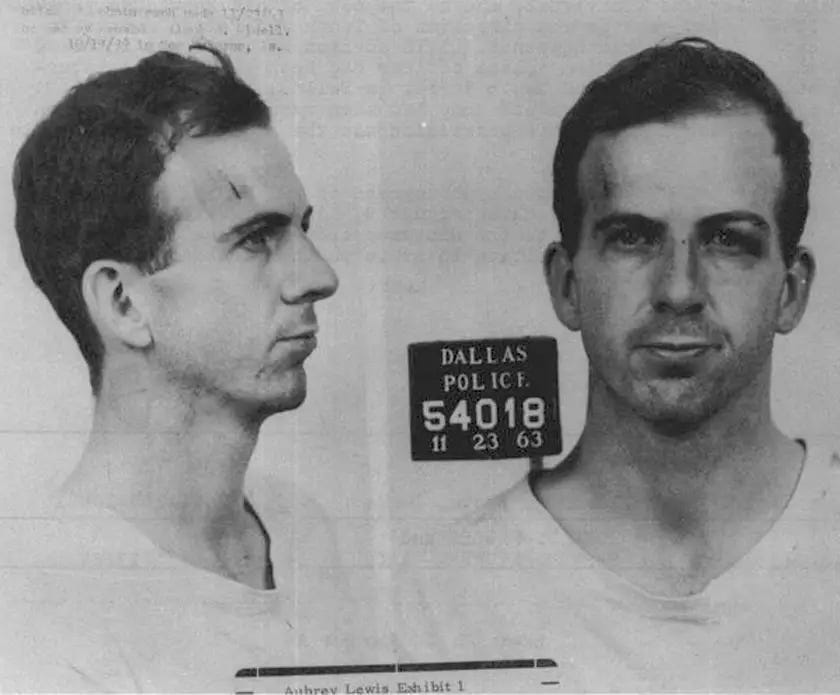New Portrait of Oswald as a Violent, Delusional Loner
Belated memoir from a close 1962 acquaintance portrays the assassin as a troubled loser who killed JFK to show wife Marina he was important
A little over a week ago, another anniversary of President John F. Kennedy’s 1963 assassination—the 59th—passed without much notice around the nation. But in Dallas, the site of the horrendous crime, a passionate group of independent JFK conspiracy “researchers” gathered for an annual meeting under the banner of Citizens Against Political Assassinations, which insists that “the official government conclusion” that Kennedy was murdered by Lee Harvey Oswald alone “is invalid.” It promotes a wide-range of alternative scenarios.
The acolytes’ panels were dominated by a MAGA-style insistence that all the government’s evidence is fake news and a reverence for disgraced former New Orleans District Attorney Jim Garrison, who, in his own myopic zealotry, destroyed numerous innocent lives (most notably those of prominent New Orleans businessman Clay Shaw and anti-Castro activist David Ferrie) during his assassination investigation in 1967-1969. The jury in Garrison’s capstone 1969 trial exonerated his targets in record time, but the damage had been done, not only to Shaw and Ferrie (who both died during or shortly after Garrison’s charade): Garrison had convinced a large portion of a generation that elements of the CIA had killed the President in a massive conspiracy and cover-up that included not only former CIA executives like Allen Dulles (a close Kennedy family friend), but also the Dallas Police, the doctors who struggled mightily to resuscitate the mortally wounded president, the physicians who autopsied him, the FBI that interviewed over 20,000 people with any connection to anybody, the Pentagon, the Joint Chiefs of Staff, then-VP Lyndon Johnson, and even JFK’s brother, Attorney General Robert Kennedy. Director Oliver Stone gave Garrison’s delusional conclusions a mass media and cultural imprimatur with his 1991 fever dream film, JFK.





